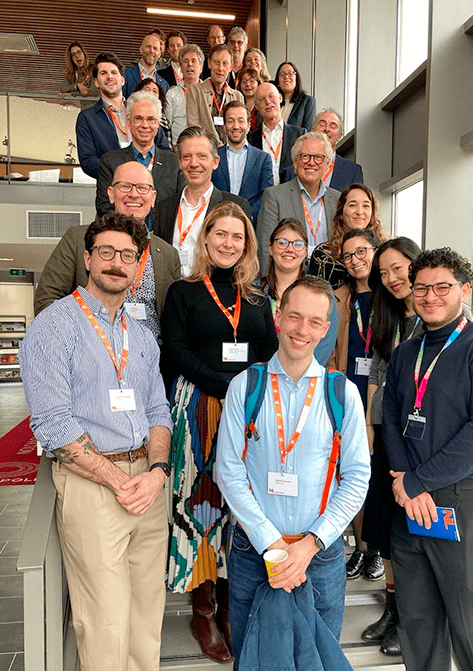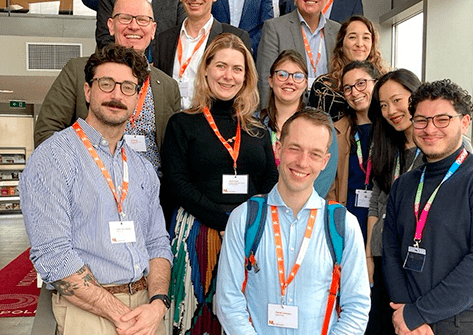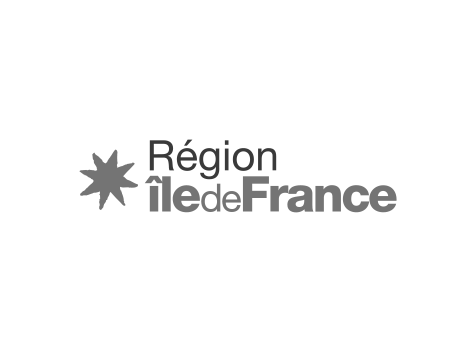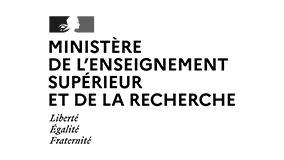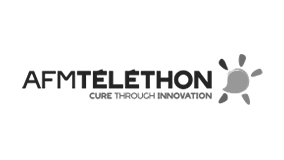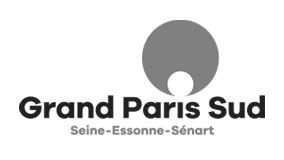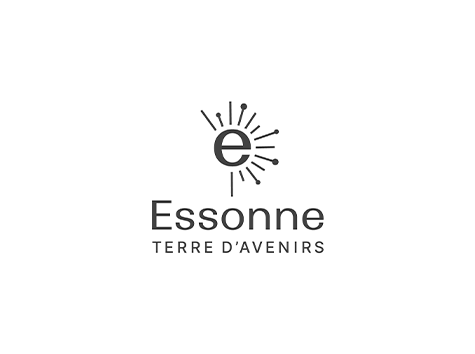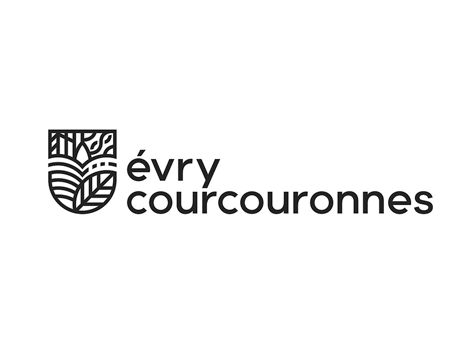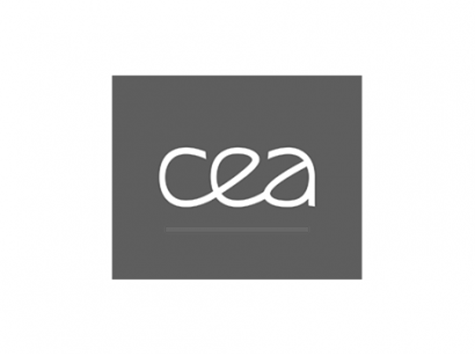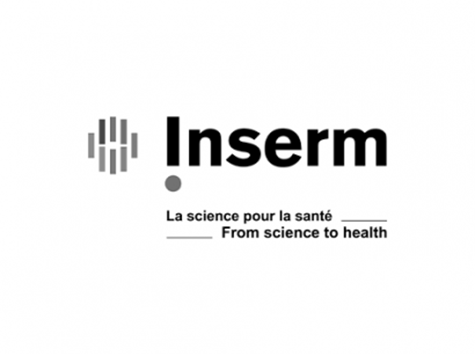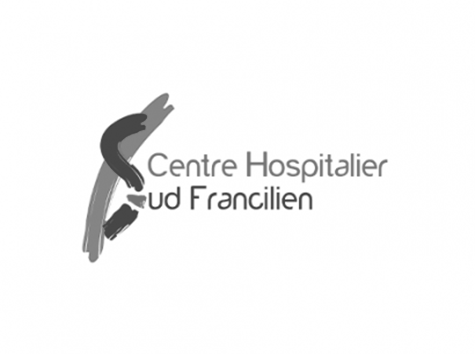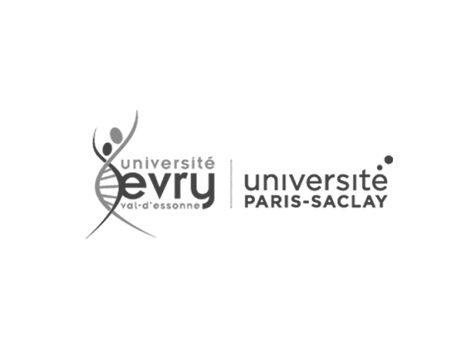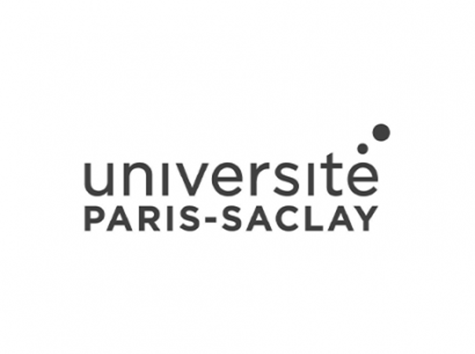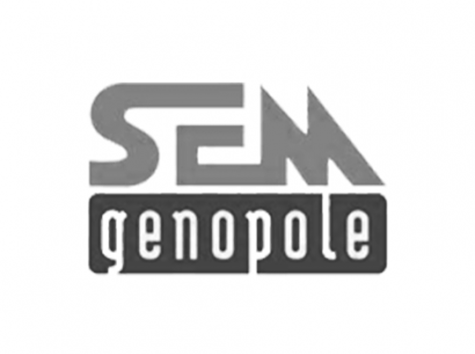On 17 April, Genopole had the pleasure of receiving a delegation from the Netherlands comprising representatives from start-ups, corporations, universities and institutions, all actors in that country’s energetic alternative proteins sector. This latter has given itself “the goal of reaching a 60-40 ratio for plant-based vs animal proteins in our diet before 2030“, explained Sarah Vissers, international agro-industry coordinator within the Dutch Ministry of Agriculture.
As a part of that dynamic, the three-day mission in France, organized by the Dutch Ministry, the agriculture team of the Netherlands Embassy in Paris and the Protéines France consortium, was targeted at establishing a better understanding of the French alternative proteins ecosystem and exploring public-private partnership possibilities for research and business.
The Genopole ecosystem: enabling innovation for tomorrow’s nutrition
The exploration of future foods is a major element of the France 2030 investment plan and a fast-growing subject at Genopole, explained the biocluster’s CEO Gilles Trystram.
Already home to the R&D center of Ÿnsect, one of the world’s largest private insect research centers, the biocluster is attracting an ever-increasing number of start-ups working in alternative proteins, synthetic flavorings and other nutrition products. Eight of them were invited to present their innovations to the Dutch delegation: Abolis, Auralip, DNTech, Fungu’it, Nutropy, Onima, Plantik and So Sweet.
Equally, around ten Dutch companies explained their projects after a visit of Genopole’s facilities for R&D in future food sustainability.
A state of the art technological environment is indispensable for future foods R&D…
A major strength of the Genopole ecosystem is its ability to provide shared-use access to high-tech equipment that would be extremely onerous to acquire for individual start-ups.
- For example, a precision microbial fermentation platform for the small-scale bioproduction of ingredients or alternative proteins was recently enlarged at the Genopole Enterprises incubator (Essonne CCI). Its purpose is to establish proofs of concept, reduce risks in projects and more largely respond to the needs of a growing number of companies positioned in the sector and setting up shop at Genopole.
- A new facility scheduled for the end of the year will add to the technological offer. Called Protopia, this facility is specifically conceived for bioingredient formulations in not only the nutrition sector but also cosmetics and biomaterials. Protopia will enable proofs of concept, the development of initial samples, and the validation of the robustness and reproducibility of future commercialized products. Protopia will comprise a zone dedicated to ingredient formulations and analyses, BSL-2 laboratories for cell cultures, biochemistry & microbiology and much more.
Because the European Commission had accepted it a few days earlier, Alexis Biton, international affairs coordinator at Genopole, was able to present the project APROVALS as a premiere to the Dutch delegation. This collaborative project is an unprecedented initiative in Europe, creating the first-ever consortium for the development of cellular agriculture, that is, the use of cellular processes to create proteins traditionally derived from animals, such as meats and egg or milk proteins, among others.
APROVALS is a consortium of eight organizations from seven European countries: Genopole is its coordinator and is joined by (Planet B.io in the Netherlands, Campania Bioscience in Italy, Europabio in Belgium, the Irish Bioeconomy Foundation in Irland, Smile Incubator AB in Sweden, Vitagora POLE in France, and Teknologian TutkiImuskeskus VTT in Finland).
APROVALS is a regulatory “sandbox” to enable project acceleration. It empowers the exchange of ideas, the sharing of data, and interdisciplinary interactions to accelerate the development and marketing of novel food products. APROVALS addresses important issues for Europe, namely evaluating the potential of these solutions and easing their deployment to keep up with other nations like the United States, Israel or Singapore, where, for example, cell-cultured chicken nuggets are already commercialized.
Toward that goal, Genopole participated in the Future Food Tech conference held 17–18 June 2024 in Chicago. The companies Nutropy, Onima and Auralip, all located at and accompanied by Genopole, were part of the trip and met with corporations and investors in the alternative proteins sector.
To respond to the challenge of tomorrow’s nutrition, two apparently contradictory necessities need to be addressed: increasing food production for a growing world population while decreasing its environmental impact.
Paths toward resolving this difficult problem may very well lie within the concepts of fermentation-based alternative proteins and cellular agriculture, but those methods remain far from the yields produced by conventional agriculture and face other societal and regulatory obstacles, especially on the Old Continent. To move forward, European international partnerships, like this one between Genopole and the Netherlands, have a clear role to play in greatly optimizing the potential of innovations, accelerating their market arrival and favoring their consumer acceptance.

